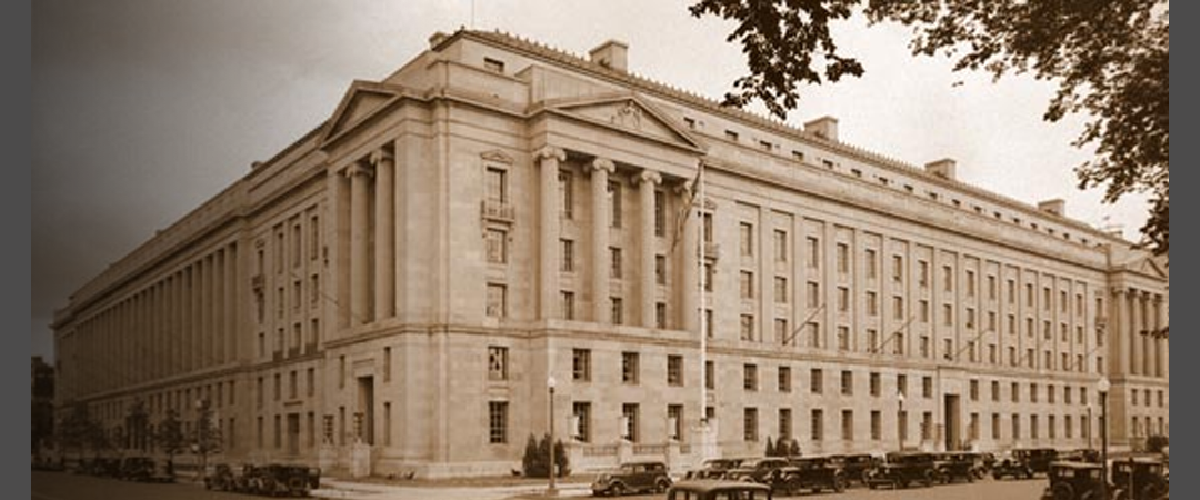17-Year-Olds Can Vote in June Primary?!?
When voters go to the polls for the June 26 primary, there may be some 17-year-olds among them casting ballots.
In Maryland, 17-year-olds who are registered to vote and will be 18 on or before Nov. 6 can vote in the June primaries for candidates for governor, the U.S. House and Senate and for local elected officials. They must also have registered their party affiliation by June 5.
According to FairVote, a nonpartisan advocate for electoral reforms, 17-year-olds can vote in primaries and caucuses in Alaska, Connecticut, Delaware, Hawaii, Illinois, Indiana, Iowa, Kentucky, Maine, Maryland, Mississippi, Nebraska, Nevada, North Carolina, Ohio, South Carolina, Virginia, Vermont, Washington, West Virginia and Wyoming, among others.
“Youths are affected by local political issues as much as anyone,” stated Vote16USA, which advocates extending the franchise to even younger teens.
The organization adds that voting at younger ages can “drive demand for effective civics education in schools, reviving a discipline that is too often pushed to the side.”
FairVote noted that youths will vote if asked to do so — “by creating an ethos of participation from a younger age. Once a person votes, that person is likely to vote again.”
Another argument is that voting at a young age is habit-forming and can lead to an increase in adult voter turnout.
Youth voting also has a “trickle-up” effect, according to Jens Olav Dahlgaard, a Danish political scientist. His research, published in the American Political Science Review , states that when teens who can vote do vote, it’s likelier that their parents will also. This is especially true for teens who live at home. “Parents vote because of their children — both to set the example and to keep up with their civic habits,” Dahlgaard recently told The Washington Post .
In Maryland, youths as young as 16 may register to vote when they get their driver’s license, but, like 17-year-olds, they are prohibited from voting in a General Election before they’ve turned 18, according to the Maryland State Board of Elections.
The Maryland Motor Vehicle Administration (MVA) can facilitate registration through its Motor Voter Program. Federal law requires the MVA to provide its customers the opportunity to “apply to register to vote, or update voting information, during a driver's license or photo identification (ID) card transaction.”
But registration is not official until you receive your voter’s card from your county’s Board of Elections. If you do not receive your card within three weeks, you should contact the State Board of Elections at 1-800-222-VOTE (8683), the MVA says, to ensure your application has been processed.
Potential voters can use Maryland's Online Voter Registration System (OLVR) or submit a voter registration applicationto their local board of elections or the State Board of Elections at any time.
The deadline to register to vote in the June primary and declare one’s party affiliation is June 5. Early voting for the primary will run from June 14–21.
Here are some websites that may be useful:
https://voterservices.elections.maryland.gov/OnlineVoterRegistration/InstructionsStep1
http://www.mva.maryland.gov/motor-voter/
Common Sense for the Eastern Shore








